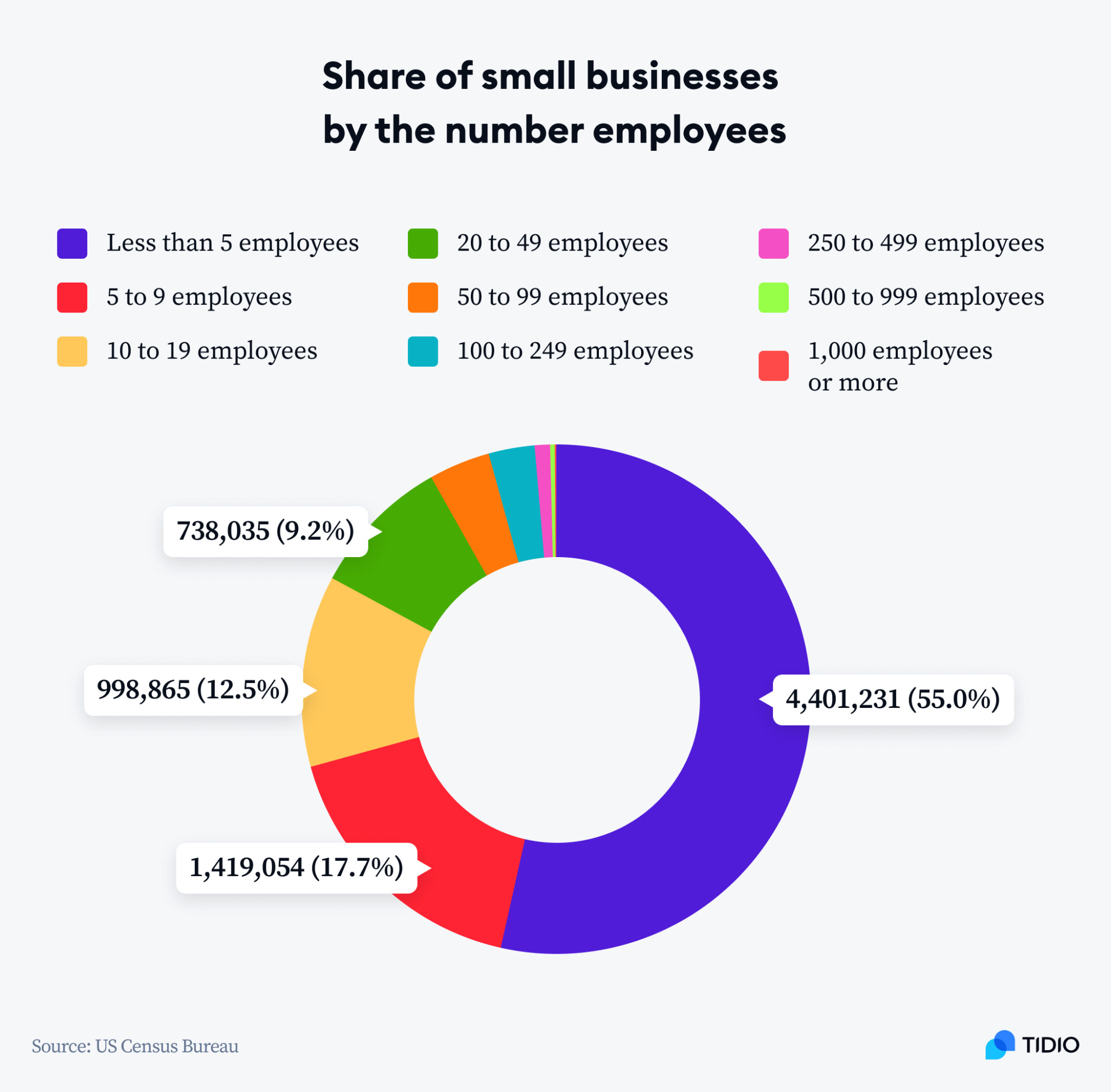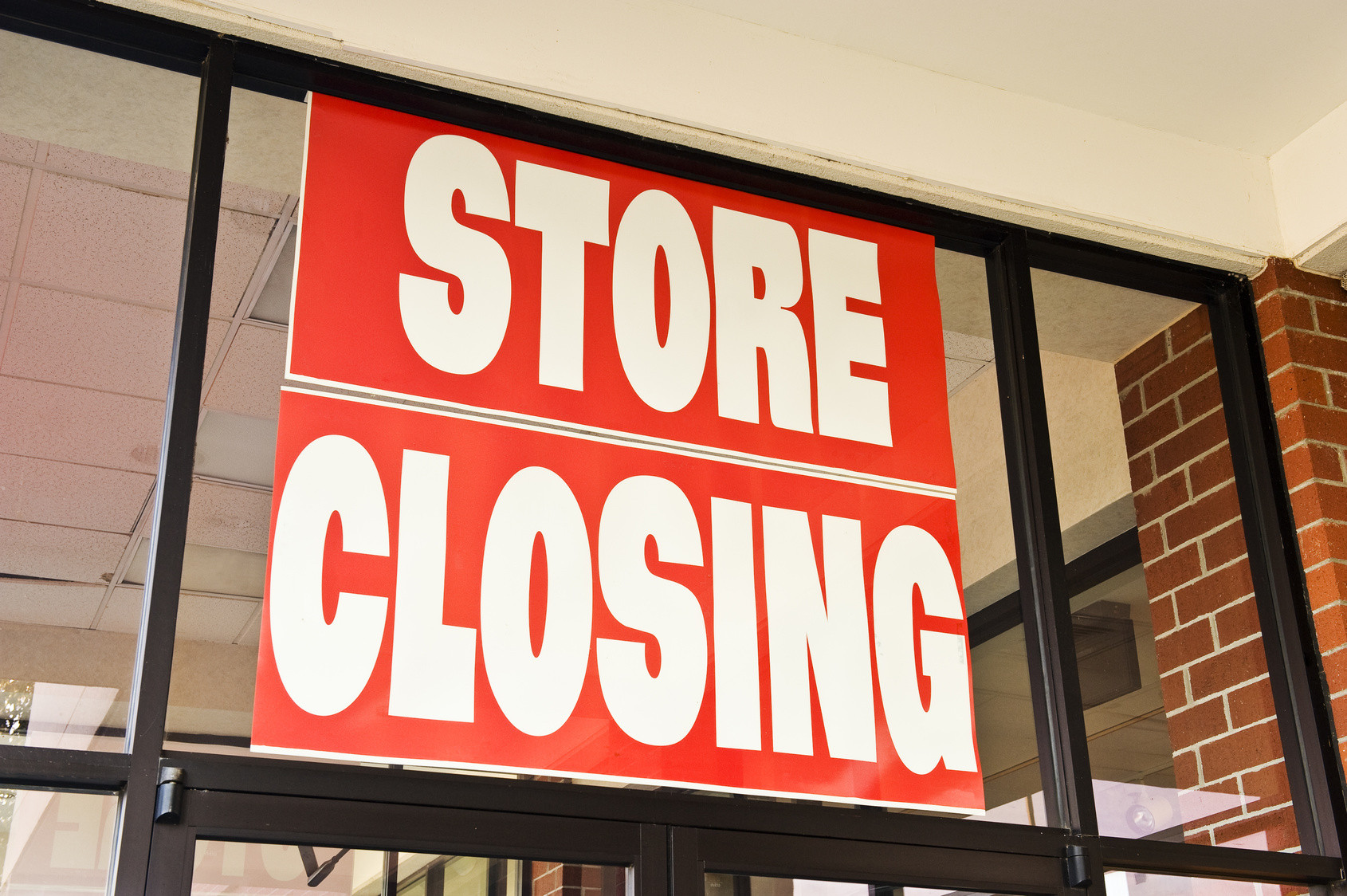Unexpected Trends in New Year's Day Business Operations
The dawn of 2025 brought with it not only the promise of a new year but also a rather unexpected economic trend: a surprisingly large number of businesses remained open on New Year's Day. While some sectors traditionally observe the holiday, others defied expectations, leading to a fascinating study of consumer behavior and economic resilience in the face of a traditionally quiet day.
This surge in open businesses wasn't uniform across all sectors. Certain industries, driven by the needs of a population that increasingly prioritizes convenience and 24/7 accessibility, displayed a remarkable commitment to operation, even on a federal holiday. Other sectors, more traditionally aligned with observing New Year’s Day as a day of rest, showed a lower than usual operational capacity.
The Rise of the 'Always-Open' Economy
The increasing prevalence of 24/7 operations, amplified by the rise of e-commerce and on-demand services, undoubtedly contributed to this phenomenon. Consumers, accustomed to instant gratification and readily available services, often expect businesses to cater to their needs, irrespective of traditional holidays. This expectation, in turn, puts pressure on businesses to adapt and maintain operations, even during periods previously marked by widespread closures.
The Restaurant Sector: A Case Study
The restaurant industry presented a compelling case study. While many traditional sit-down restaurants opted for closure, quick-service restaurants, takeout counters, and delivery services remained highly active, reflecting the growing preference for convenient dining options. Many reported unexpectedly high sales figures, indicating a strong demand for readily available food even on a holiday. However, these figures need to be examined against the costs of maintaining operations on a day when many employees expect paid time off. The long-term profitability of this trend remains to be thoroughly investigated. Many articles from various sources discussed the diverse range of establishments remaining open, from fast-food chains to select restaurants offering special New Year's Day menus. This suggests that there is a segmented market with differing expectations concerning holiday closures.
The Impact on Employee Well-being
The decision of businesses to remain open on New Year's Day brings forth crucial ethical considerations. While some employees may welcome the opportunity for extra shifts and earnings, others may view it as an infringement on their rest and time with family. The implications for employee well-being and work-life balance require careful assessment. This necessitates a broader discussion around fair compensation, mandatory overtime regulations, and employee rights for holidays. There's also a need to fully investigate and understand the various viewpoints of employees and whether the trend benefits the workforce as a whole or impacts specific demographic groups differently. This aspect of the increased year-round business operation should not be ignored.
The Economic Ripple Effects: Assessing the Long-Term Implications
The sustained operation of businesses on New Year's Day presents a multifaceted impact on the economy. On one hand, it stimulates economic activity, keeping consumer spending afloat and generating revenue. On the other, it raises important questions regarding labor costs, employee welfare, and the broader implications for long-term economic stability. Are we moving towards a society where the traditional notion of holidays becomes increasingly diluted, with the associated societal and cultural changes? The full effects of this trend are likely to be significant, but their ultimate impact requires extensive analysis and careful consideration over time.
Analyzing Consumer Spending Patterns
While sales figures from certain sectors indicate a surprising level of consumer activity, a deeper dive into consumer spending patterns on New Year's Day 2025 is needed. Were these transactions merely compensating for reduced holiday shopping in previous years, or do they truly signal a broader shift in consumer behavior and expectations? What are the factors underlying the decision-making process behind the higher than expected consumer activity on this traditionally low sales day? Further research must be done to quantify the level of increased spending on the holiday and its broader economic effects.
A New Dawn or a Passing Trend? The Future of New Year's Day Commerce
The unusual trend of increased business operations on New Year's Day 2025 leaves us pondering whether this represents a fundamental shift in the economic landscape, or a one-off occurrence. Future years will reveal whether this is a permanent change in consumer habits and business practices, or whether the tradition of holiday closures will eventually reassert itself. We’ll need to watch closely to see whether these trends persist and further evaluate their impact on various economic factors over time. Only then will we have a comprehensive picture of the long-term implications. The economic outlook will significantly depend on how these practices influence both consumers and businesses in the years to come. The continued observation and analysis of this unexpected trend are imperative for a better understanding of the modern economy's future.

















